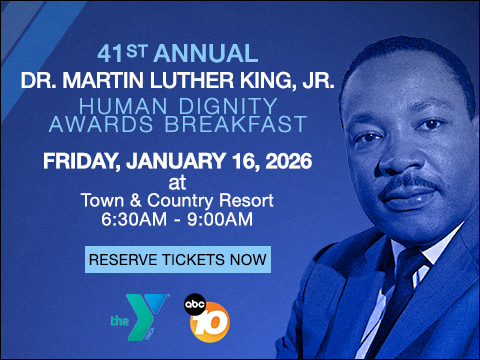SACRAMENTO, Calif. (AP) — A staunchly conservative political party in deep-blue California will get to keep its name after the governor vetoed a bill aimed at banning what state lawmakers say are misleading monikers.
Gov. Gavin Newsom announced Wednesday he had vetoed a bill that would have banned political parties from using "no party preference," ''decline to state" or "independent" in their official names.
The bill would have applied to all political parties. But it was aimed at the American Independent Party, which has been an option for California voters since 1968.
More California voters are registering with no party preference, now accounting for 28.3% of all registered voters. If "no party preference" were a political party, it would be the second largest in the state behind the Democrats.
Critics say the American Independent Party has benefited from this trend because its name confuses voters into believing they are registering as independents. The party makes up 2.59% of California's registered voters, making it the third largest political party in the state after the Democratic Party at 43.1% and the Republican Party at 23.6%.
In 2016, the Los Angeles Times surveyed the party's registered members and found most did not know they had registered to vote with the party. But Newsom said he vetoed the bill because he worried it was unconstitutional.
"By requiring one existing political party to change its current name, this bill could be interpreted as a violation of the rights of free speech and association guaranteed by the First and Fourteenth Amendments to the U.S. Constitution," Newsom wrote in his veto message.
Representatives for the American Independent Party did not respond to an email and phone call seeking comment. The party's website says it nominated Donald Trump for president in 2016 and "God willing, 2020."
Democratic Sen. Tom Umberg, the bill's author, warned the mistaken registration could have electoral consequences. People registered with another political party would not be allowed to vote in the state's pivotal Democratic presidential primary in March.
But Newsom signed another bill by Umberg that could help people rectify any registration mistakes. The law, signed Tuesday, allows voters to register to vote or update their registration at all polling places on election day.
If people show up to vote in the Democratic presidential primary and are ineligible because they are registered with the American Independent Party, they can change their registration on the spot and cast a ballot. The ballot would be conditional, meaning it would not be counted until after the person's registration could be verified.


